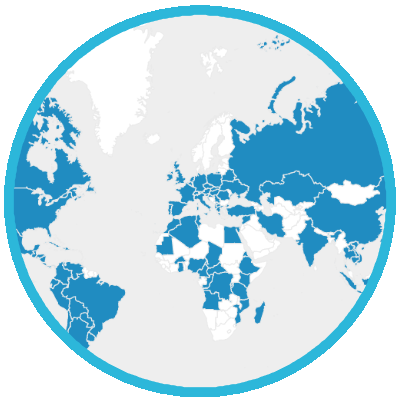We Cannot be Silent. The Universality of the Call.
(Part 1)
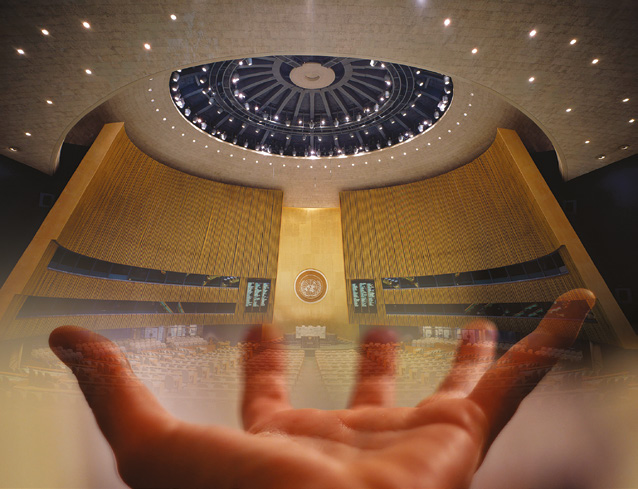
It is over five years since world leaders journeyed to the United Nations in New York City to enflesh a new dream for all by signing the Sustainable Development Goals. The 17 Sustainable Development Goals recognized that we were/are at a great moment of transformation.
At their core is the recognition that the world needs ways of sensing emerging disruptions that encourage cooperation, rather than division. The challenge offered by the new set of goals was more than just a new set of data and information. The data is in, and the data is clear: we are part of the web of life and engaging in what is happening, anywhere in the world, means that human pain wherever it occurs, and the distress of the planet must concern us all.
Many groups from all faiths, including Religious Congregations, have invested resources in having a representative at the United Nations and so one is prompted to ask: How have the Sustainable Development Goals and their implementation impacted on us, five years later, as we go about the business of our lives?
How, for example, have Religious Congregations integrated/interpreted the Sustainable Development Goals into the way they write and live Mission or Chapter statements and ultimately lifestyles? How have churches, synagogues and mosques used the Goals for instruction to help the peoples in the pews live lives which are about the common good?
Whilst many governments have gone to great lengths to diminish the role of faith and religion in public affairs, the UN has developed a very constructive interface with faith leaders. Former Secretary-Generals Kofi Annan and Ban Ki -moon were always very open to the presence of religious women and men at the United Nations and often spoke publicly highlighting the important role of faith-based groups.
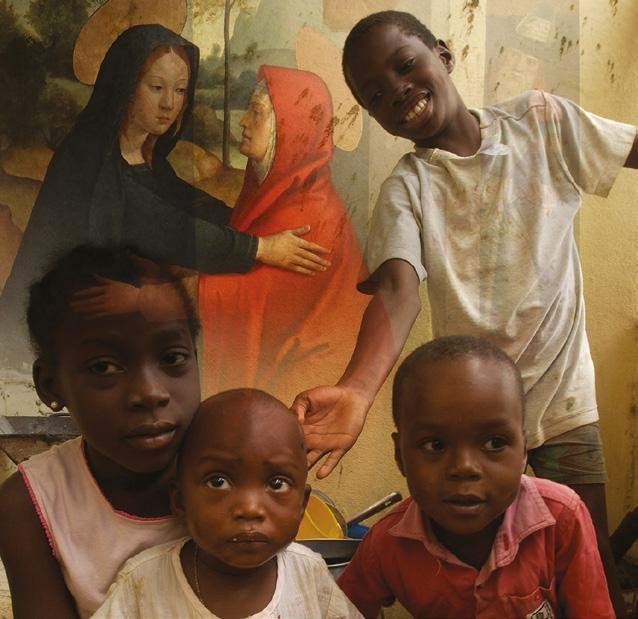
Just a week before world leaders from across the globe arrived in New York to launch the Sustainable Development Goals, Pope Francis released the encyclical Laudato Si’ on the connection between dignity, development and human ecology. In this document, he invited all to enter into dialogue on our common home and the environmental crises we face. He asked us to re-examine our relationships with each other, the planet, and the economy.
The shifting emphasis from Millennium Development Goals to Sustainable Development Goals galvanized unprecedented efforts to address global development challenges in a more holistic way. As UN Ambassadors David Donoghue (Ireland) and Macharia Kamau (Kenya), who co-facilitated meetings, said:
“Civil Society and major groups have been with us. We are concerned, however, about the level of awareness about the Sustainable Development Goals and civil society has a role to play in raising awareness.” (Notes provided by Ambassador Donoghue, (Ireland), 23 January 2015, UN New York).
Dignity is at the heart of the new global goals. They are universal and equally applicable to all countries; and they can be used to advocate for more equitable development, based on tackling the systemic and root causes of poverty and unsustainable development.
That same dignity and respect for difference is at the heart of the Visitation encounter when Mary and Elizabeth greet and meet. The two women dream new dreams for themselves, for each other, for the world and the universe. The very presence of the pregnant and unmarried teenage Mary in the home of Elizabeth at this point in Elizabeth’s life experience speaks about the primacy and dignity of the human person. There is no harsh judgment present.

However, as we read the Magnificat or poem found on the lips of Mary, we are invited to look at her with new eyes. She is not the meek, subservient one so often portrayed. A careful pondering of the words of the Magnificat, and not the poetry of the words, points to the five important verbs therein. We are told: God respects the poor; exalts the poor; feeds the poor; helps the poor; remembers the poor. And so, we ask: Who is this young woman proclaiming such a revolutionary message? God has chosen a servant girl from a poor country to deliver a revolutionary message. Mary sang her revolutionary song to her cousin, Elizabeth. Its message is a prelude to the gospel and a call to turn unjust systems upside down by respecting the poor, feeding the poor, exalting the poor, both within our hearts and by our actions. It is not enough to be compassionate.
We must ACT.
Other articles
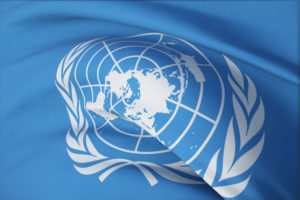
Human Trafficking: “The open wound on the body of our contemporary society”
According to Pope Francis, “Human trafficking is an open wound on the body of contemporary society, a scourge upon the body of Christ. It is
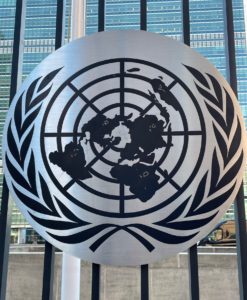
Leave no one behind
“Leave no one behind” has become the moto, the focus of every meeting at the United Nations. The phrase reminds
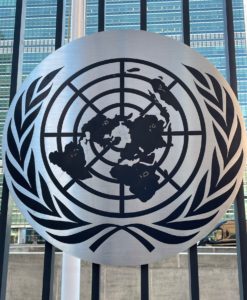
Be the change you want to see in the world!
Blessed Easter Season to each of you! It is certainly a busy time around the UN, as more and more
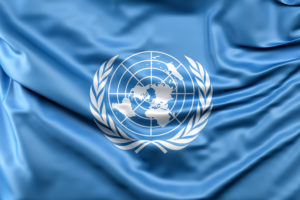
Mending Blessing
O my friend, take heart. The work of repair is aching in its slowness and beautiful in the inches by


